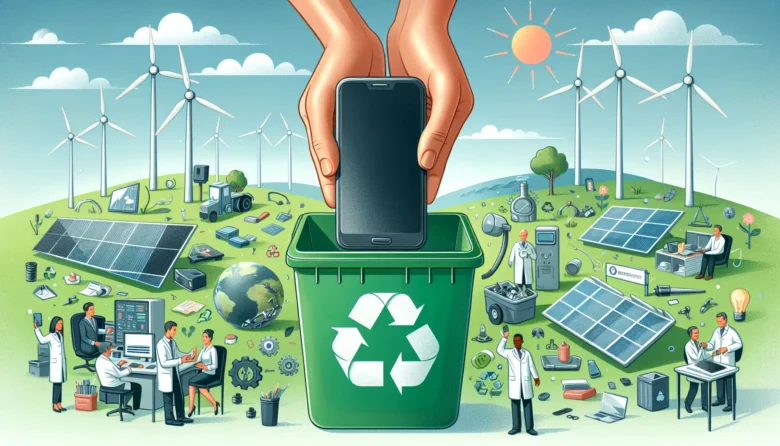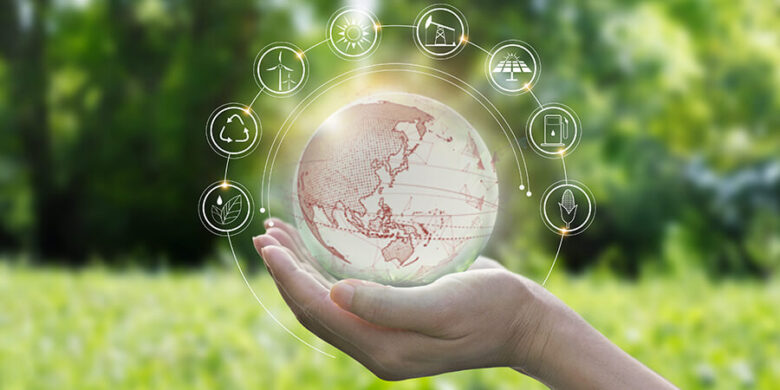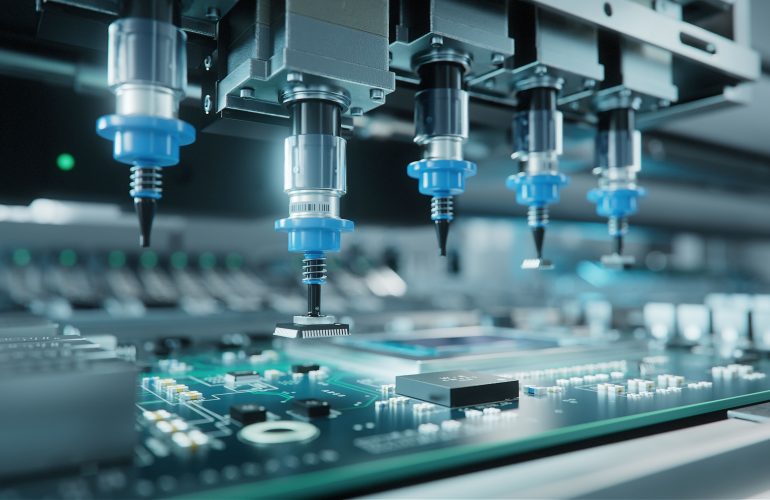Smart home technology has transformed our interaction with our living spaces, providing us with instant convenience and control. Beyond the appeal of automation and remote access, these devices present a compelling opportunity to reduce energy consumption and environmental impact. As utility costs rise and climate concerns grow, homeowners are discovering that smart devices can significantly …
Eco-friendly design for products is at an exciting crossroads. As environmental issues grow more pressing and technology is evolving at a rapid speed, designers are changing the way products interact with our world. This change goes beyond just making products “green”—it will be a radical change in the way we think about how we create, use, and …
The technology industry has long been associated with innovation and progress, but increasingly, major tech companies are redefining what progress means. No longer is it just about faster processors or sleeker designs—it’s about creating a sustainable future. Apple, Google, Microsoft, and Amazon have committed billions of dollars to environmental initiatives, fundamentally changing how the tech …
Eco-Tech is committed to solving environmental issues by minimizing resource consumption and emissions and emphasizing pollution prevention rather than cleaning up after-the-fact toxic waste. Academic research in this area employs various analytical tools. Life cycle assessments offer standard frameworks to measure the true ecological costs and benefits associated with technologies. Renewable Energy Utilizing solar energy …
Eco-friendly energy technologies play a pivotal role in creating a greener world. From solar panels to energy-efficient buildings, these innovations reduce environmental damage while simultaneously saving people money. Renewable energy sources tend to leave behind smaller carbon emissions than fossil fuels; however, their manufacturing, transportation, and installation still produce emissions. Integrating eco-friendly energy technologies into …
The technology industry generates more than 50 million tonnes of electronic waste each year and is one of the fastest-growing waste streams in the world. This staggering amount reveals the fundamental flaws in the way we consume, produce, and dispose of technology. As technology advances, it is a challenge to manage its use, yet our method of …
The electronics industry finds itself at a pivotal point. With the global amount of electronic waste expected to grow to 74 million tonnes by 2030, the electronics industry is under growing pressure to alter their production processes. Sustainable manufacturing is now more than a mere environmental imperative, but it’s also an essential competitive advantage that is fundamentally …
Every time you upgrade a phone, laptop, or tablet, you add to the mountain of electronic waste found in landfills. E-waste contains dangerous elements like lead, mercury, cadmium, and brominated flame retardants, which pose risks to our environment. Adjusting your tech habits can help decrease e-waste production. Here are a few strategies for doing just …








